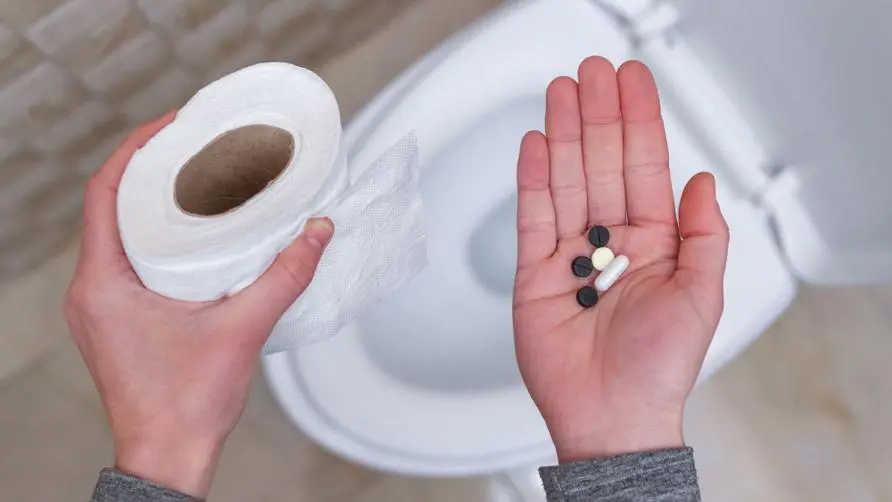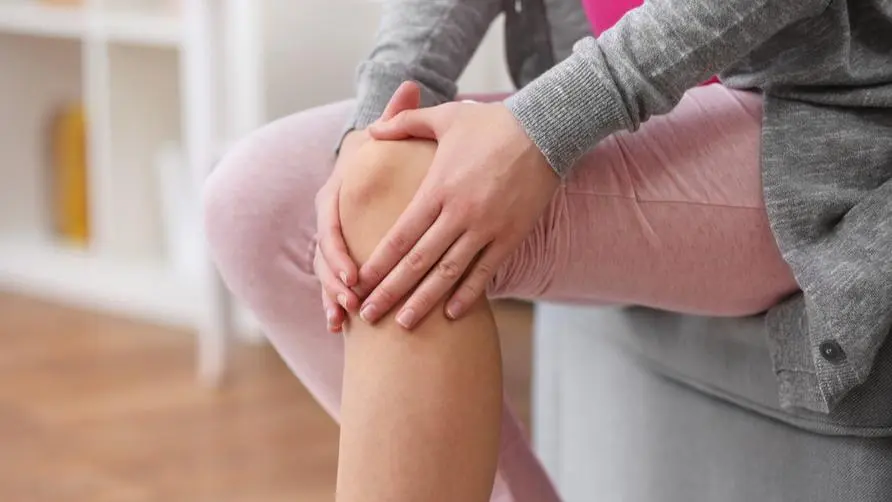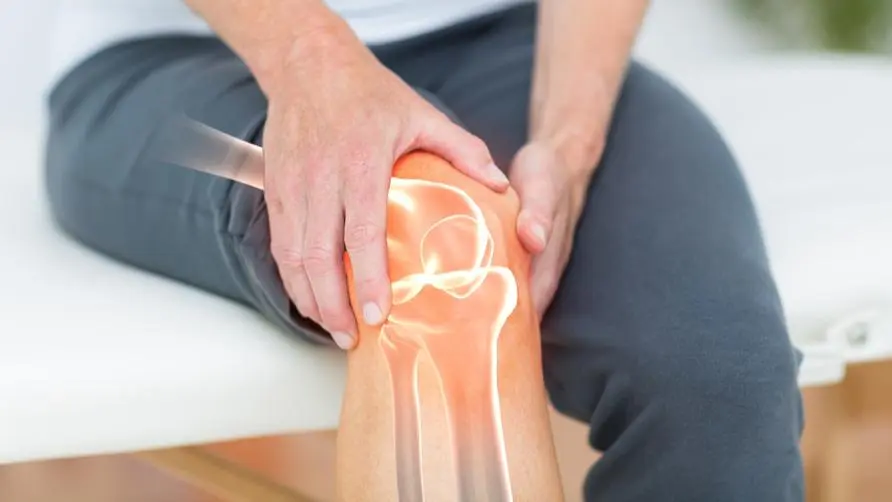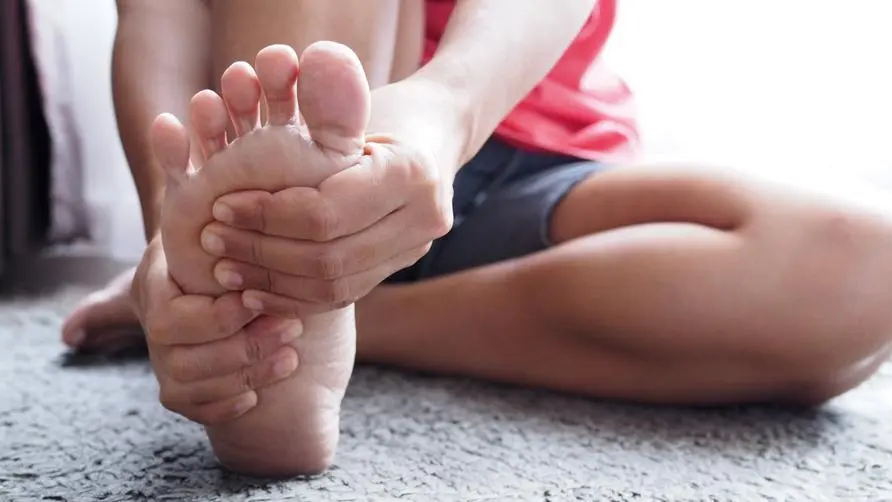Joint pain breaks out when the weather turns cold? Doctors reveal the "three major effects" of temperature and humidity on joints
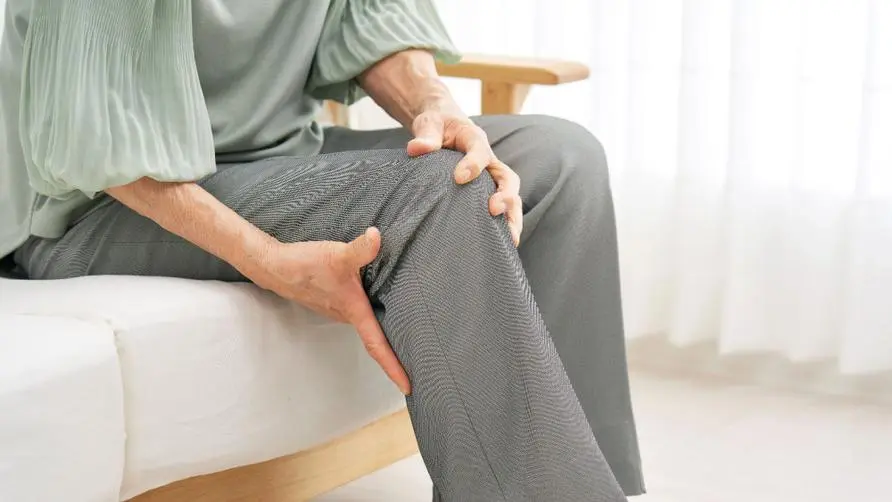
Why do joint pains occur when the weather gets cold?
In the cold spring season, the temperature and humidity change drastically, making it more likely to cause joint discomfort and even a major attack of arthritis? Taiwan Ministry of Health and Welfare Huang Minxu, an attending physician at the Department of Orthopedics at Taichung Hospital, said in an interview that the comprehensive changes in temperature, humidity and pressure may indeed affect the mobility and coordination of joints and soft tissues. In particular, patients with degenerative arthritis and those with old joint injuries are more likely to experience increased joint discomfort when the temperature changes.
Dr. Huang Minxu explained that temperature, humidity and pressure may cause various irritations to joints, including a decrease in the tolerance of soft tissues, which can easily lead to overuse and inflammation of joints. Cold weather may also make joint fluid thicker, reduce lubrication function, and thus affect Normal joint range of motion. In addition, pressure and temperature will increase the sensitivity of nerve endings, lowering the body’s threshold for pain response, making joints more likely to feel pain.
A study of six regions in Europe shows that changes in humidity and temperature can increase pain levels associated with arthritis. Dr. Huang Minxu said that in clinical practice, many patients with degenerative arthritis have more obvious symptoms when the weather changes. People who have had injuries to their joints or ligaments and have undergone surgery may also suffer from “stuck” discomfort due to temperature changes, which may lead to poor blood circulation and return function, increasing local adhesion in the joints. It is recommended to seek medical treatment and take rehabilitation treatment in a timely manner to help relax muscles and improve symptoms.
Can you soak in hot water if your joints feel uncomfortable? Doctor: Stretching is very important
Degenerative knee arthritis is quite common in Taiwan. Dr. Huang Minxu pointed out that non-surgical treatment methods for degenerative arthritis include drug therapy and rehabilitation therapy. In terms of medications, oral medications and topical anti-inflammatory ointments and patches can be prescribed, as well as intra-articular injections of hyaluronic acid, high-concentration glucose, and PRP. Rehabilitation treatment can take the form of electrotherapy, hot compresses, or manual treatment with the assistance of professional therapists.
Dr. Huang Minxu said that people who are prone to joint discomfort can soak in hot water at home or use a shower head to pour warm water to help relax muscles and improve blood circulation. Many people like to soak in hot springs, which can help improve blood circulation. However, if you have local redness and swelling in your joints or have cardiovascular disease problems, be aware that high temperatures will aggravate inflammation, redness, and cardiovascular changes. You should consult a doctor before proceeding.
Exercise is a key way to increase joint stability and help blood circulation. Dr. Huang Minxu pointed out that stretching exercises can reduce joint stiffness and muscle tightness, which are beneficial to joint health. He suggested that people with arthritis should practice stretching exercises regularly. Strength training can increase muscle mass and help stabilize joints. However, attention should be paid to posture and intensity and must be gradual. You can seek guidance from professional coaches to avoid overly strenuous training that may lead to accidents such as waist injuries or falls.
Do temperature changes increase the burden on joints? What actions should you pay attention to avoid?
How do people with arthritis take care of themselves when the weather changes drastically? Dr. Huang Minxu recommends avoiding overuse when joints are uncomfortable, and avoiding postures with excessive bending angles, such as sitting on chairs that are too short, squatting at too high angles, and climbing stairs. Try to slow down when climbing stairs or take the elevator to reduce the burden on your joints.
Dr. Huang Minxu reminded that there are many causes of joint inflammation. Clinically, it is necessary to distinguish whether it is a muscle, tendon or soft tissue problem next to cartilage, in order to find the real cause of pain. Only by treating the correct position and inflamed area can the best treatment be achieved. Effect. In terms of nutritional intake, joint care is still based on a balanced diet. If you need to supplement calcium, collagen, and glucosamine, you should follow the safe dosage recommendations. If you have symptoms of joint discomfort, go to an orthopedic doctor in time to clarify the source of pain as soon as possible.
Further reading:
